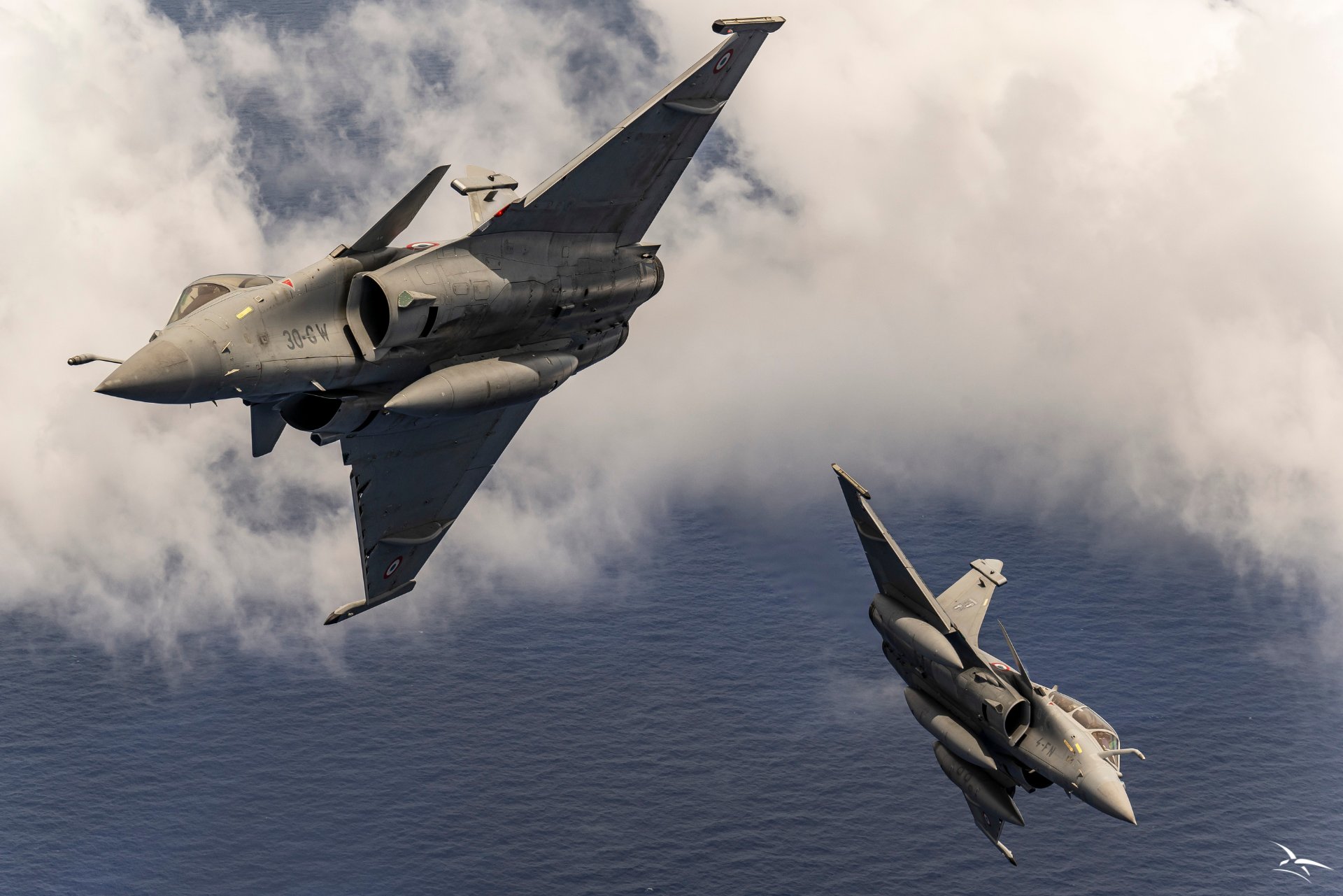By
More than four decades after its creation, Bangladesh military aircraft will roar over the skies of India for the first time. In the exercise Tarang Shakti (Power of Waves), the Bangladesh Air Force will participate with its fighter jets, along with other Western air forces.
So far, Bangladesh Air Force aircraft have never operated from Indian soil. They will participate in the second phase of the exercise at Jodhpur Air Base in Rajasthan, home to the Indigenous Light Combat Helicopter (LCH) ‘Prachand’.
The first squadron of the LCH, 143 Helicopter Unit, was raised at the Jodhpur Air Base. It is the only attack helicopter in the world that can operate in Siachen, the world’s highest battlefield.
Bangladesh aircraft will be among the fighter jets from Australia, Greece, the UAE, and Singapore participating in the second phase. Bangladesh is among the 10 countries sending its aircraft to participate in the first and largest international wargames hosted by the Indian Air Force (IAF).
“This is the largest international air exercise being conducted in India and invitations were extended to 51 countries, and we have confirmation from 10 countries for participation with their assets and 18 countries as observers,” said vice chief of air staff, Air Marshal AP Singh.
In terms of fighter jets, BAF operates Russian-origin MiG-29 multi-role aircraft, Yakovlev Yak-130 light attack aircraft, and Chinese Chengdu F-7 interceptors. They also have Russian An-32 and American C-130 J Super Hercules aircraft in their inventory. In the rotary fleet, they have Bell UH-1N from the US, AgustaWestland AW139 from Italy, and Mi-17 from Russia.
While the confirmation of which aircraft will be sent is yet to come, it is doubtful that the F-7s will debut on Indian soil. If the MiG-29s come, it will be interesting to see them operating alongside the Indian MiG-29 UPG.
The exercise will involve combat missions within and beyond visual range, large force engagements, air mobility operations, dynamic targeting, low-light operations, high-value aerial asset protection and busting, air-to-air refueling missions, and combat search and rescue. India has asserted that the military drills are not directed at any one country.
The IAF played a pivotal role in the 1971 Liberation War of Bangladesh.
In fact, in a feat unparallel in modern air force history since World War II, the IAF not only dominated the skies over East Pakistan in a matter of two days, but it was also able to capture an airfield there and wreaked havoc against Pakistan Air Force (PAF) and Army from their airfield.
India has also supplied aircraft to the combat aviation formation of Mukti Bahini, the guerrilla force seeking the liberation of Bangladesh from Pakistan. At that time, the nascent Bangladesh Air Force had one DHC-3 Otter and one Alouette III helicopter. Both were equipped with rocket pods and machine guns. The formation also had one DC-3 Dakota for logistical missions.
The first air strikes against targets in East Pakistan were conducted on December 4, 1971, under the codename Operation Kilo Flight. The mission was led by Squadron Leader Sultan Mahmud.
The IAF’s air base in east Jorhat had operational control over the mission Kilo Flight. The Mukti Bahini unit was trained in Dimapur, Nagaland, and during the first air strikes, it attacked the oil depots at Narayanganj and Chittagong.
After Bangladesh’s liberation, the kilo flight formed the core of the Bangladesh Air Force. The mission was named Kilo Flight after Group Captain Khandker, who was the deputy chief of staff of the Bangladesh Armed Forces during the Liberation War. Khandker would become the first chief of air staff of Bangladesh immediately after the war.
Hence, Bangladesh aircraft’s participation in the Tarang Shakti will be a historic first for the two South Asian countries joined by the umbilical cord.

The Power Of Waves
Tarang Shakti will take place in two phases, spanning August and September. Fighters and support aircraft from 10 nations will participate, and representatives from 18 other countries will also participate. Russia and Israel, two of India’s main defense partners, are not taking part in the war games due to ongoing wars back home.
The first phase will take place at Sulur from August 6. The base in South India is home to the Light Combat Aircraft (LCA) Tejas. Tejas will be going up against Rafale, Typhoons, and F-16s from France, Germany, Spain and the UK.
About 40 combat aircraft of the IAF will also participate. The second phase at Jodhpur will involve Bangladesh, Singapore, the US, UAE, and Australia. In addition to fighter jets and helicopters, tactical aircraft, mid-air refuellers, and airborne warning and control systems will participate.
The IAF has increased participation in foreign wargames to foster interoperability with friendly other air forces.
The IAF’s Rafale went on their first overseas wargames in 2023 when they participated in Exercise Orion at Mont-de-Marsan, an Air Force base of the French Air and Space Force (FASF). The IAF Contingent comprises four Rafale, two C-17, two ll-78 aircraft, and 165 air warriors. This would be the first overseas exercise for the IAF’s Rafale aircraft.
The IAF also participated in air exercises INIOCHOS, hosted by the Hellenic Air Force, in which four Su-30 MKI and two C-17 aircraft were deployed.
In 2023, the USAF came to India with its B1 Bomber jets and the F-15 fighter aircraft for Exercise Cope India in Kalaikunda, Panagarh and Agra.
- Ritu Sharma has been a journalist for over a decade, writing on defense, foreign affairs, and nuclear technology.
- The author can be reached at ritu.sharma (at) mail.com
